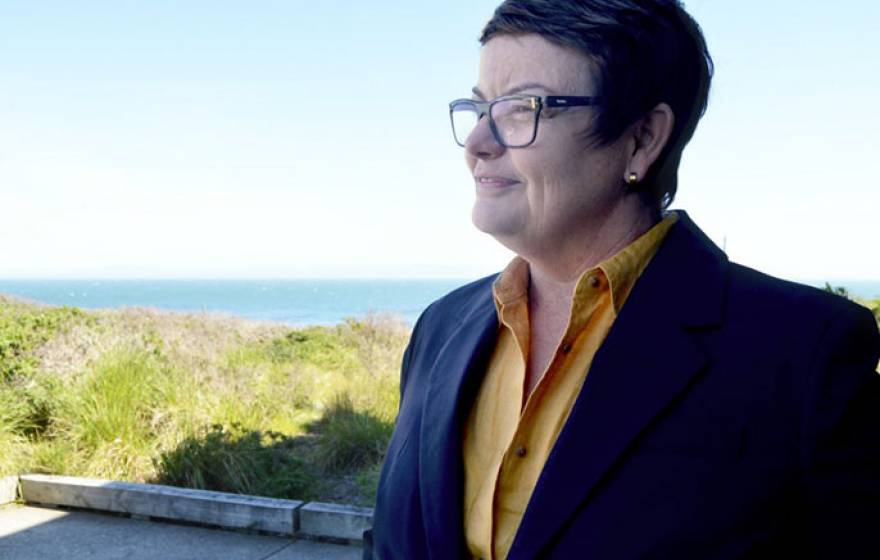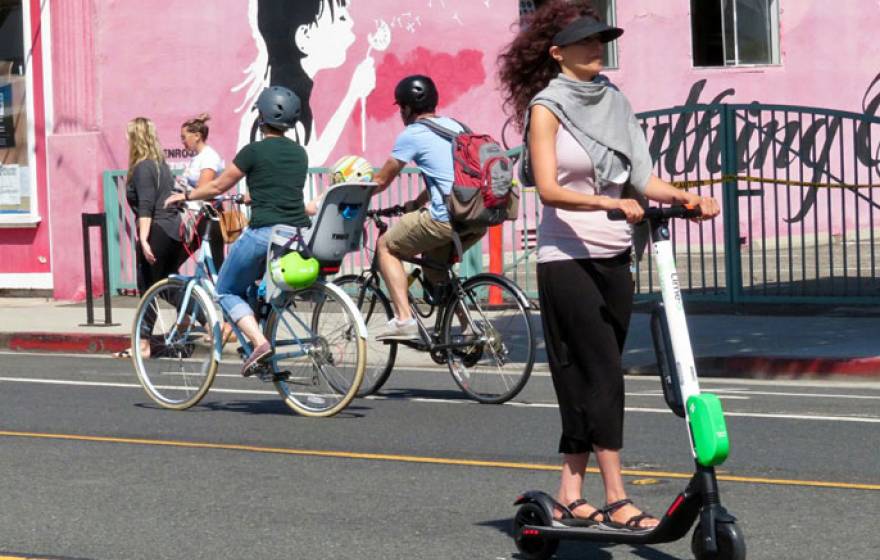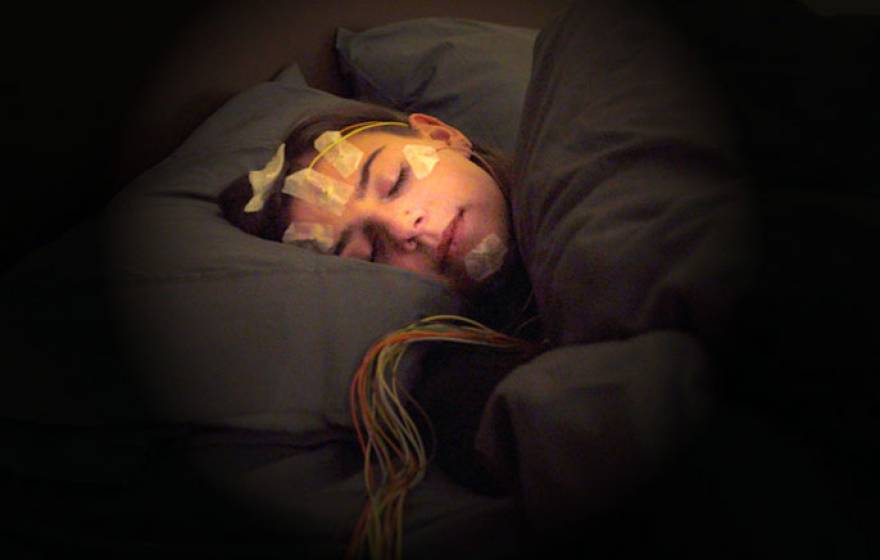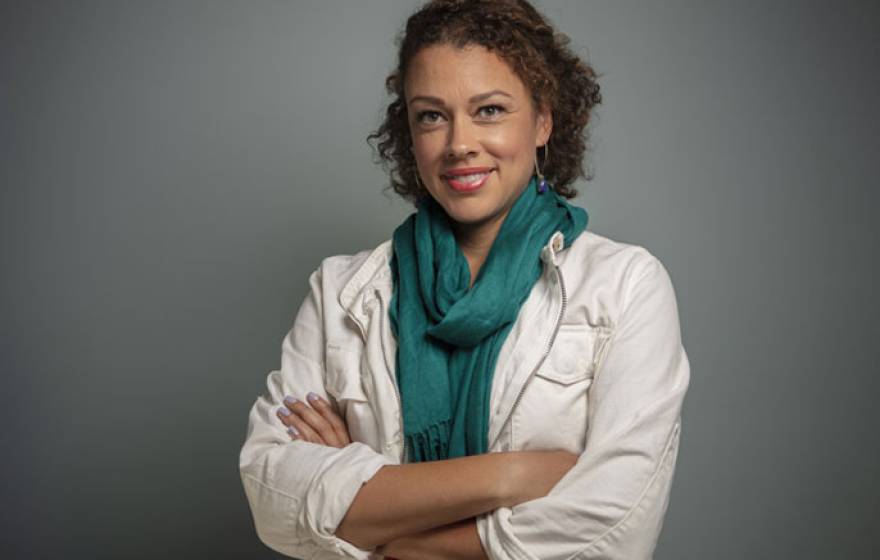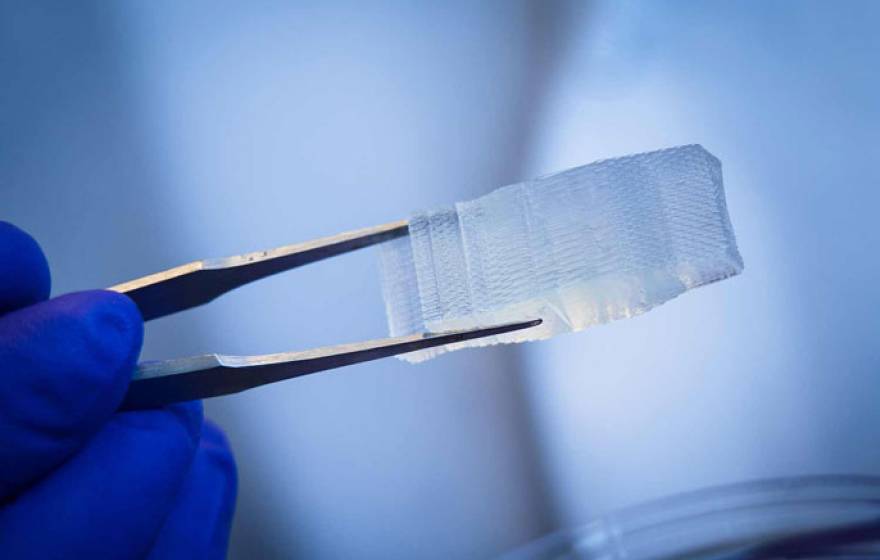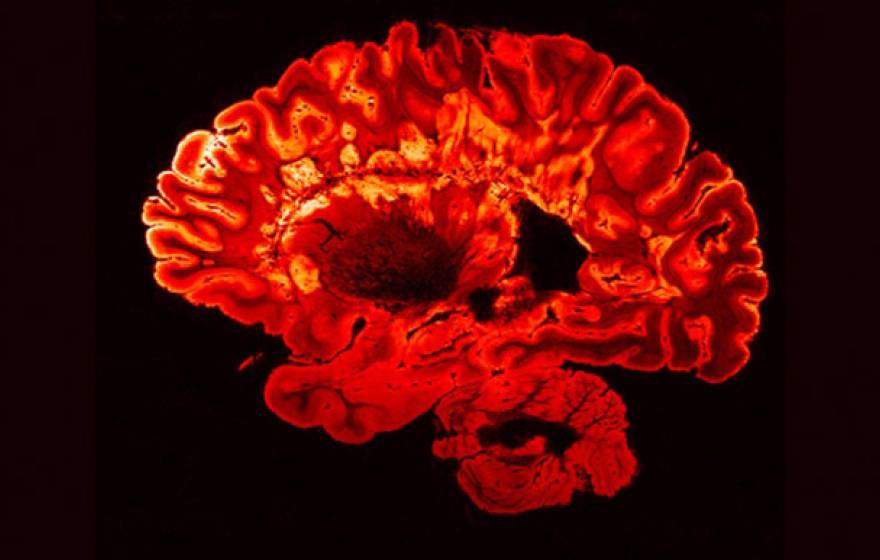The nationally recognized advocate for children receives a key post in the new administration.
Dogs on some popular, grain-free diets could be at risk of heart disease
Trendy dog food formulations lacking in some nutritional elements can bring about unintended harm to your pets.
Fractures, head injuries common in e-scooter collisions, according to new research
First-of-its-kind UCLA study analyzes the public health impacts of the increasingly popular scooters.
Sleep loss truly causes you pain
Going without sleep heightens pain sensitivity and dulls the brain’s painkilling response.
Why middle-class black women dread the doctor’s office
A new book by Tina Sacks tells the human stories behind racial biases in health care.
What you should know about this year’s flu
Infectious disease expert and clinician Charles Chiu answers your questions about the flu.
3-D printed implants show promise for treating spinal cord injury
The soft, implantable “bridges” guide new nerve cells to grow where the spinal cord has been severed.
How gut immune cells can fight multiple sclerosis
Scientists are learning how our guts connect to our brains.
Risk tolerance: It's in your DNA
Large study identifies genetic variants linked to risk tolerance and risky behaviors.
The importance of being tilted
New findings show how a tilt of the head facilitates social interaction, with potential benefits for people with autism.
Artificial intelligence can detect Alzheimer’s disease in brain scans 6 years before a diagnosis
A machine-learning algorithm diagnosed early-stage Alzheimer’s disease using a common PET scan.
Bulldogs’ screw tails linked to human genetic disease
Scientists find the genetic basis for these dogs’ appearance, and link it to a rare inherited syndrome in humans.
